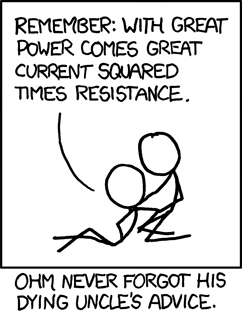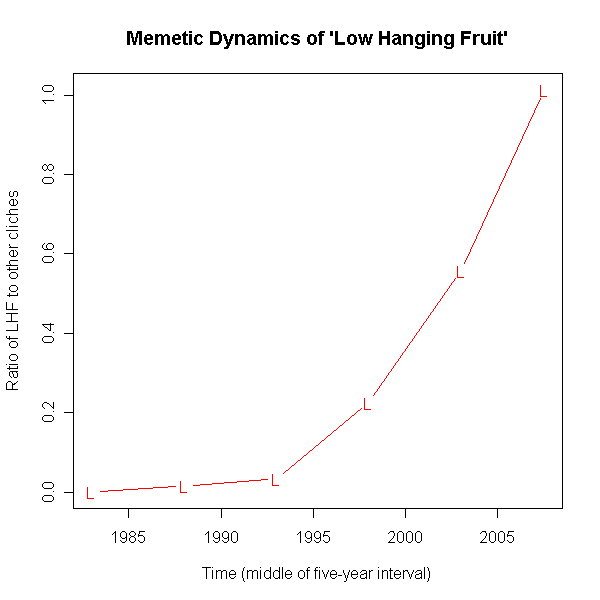Further thoughts on the Language Maven
In this Sunday's "On Language" column in the New York Times Magazine (already available online here), I take a look back at the legacy of the column's founder, William Safire. As I write there, "Safire's acute awareness of the limits of his own expertise was often lost on fans and critics alike." Indeed, the "language maven" title that he liked to use was intended to be self-deprecating. (Some might say "self-depreciating," but let's not open that can of worms.)
Part of that self-awareness was a willingness to acknowledge his errors in judgment. In that spirit, I follow up the "On Language" tribute with my latest Word Routes column on the Visual Thesaurus, taking a look at one of Safire's early miscues: declaring, in 1979, that could care less was a "vogue phrase" on its way to extinction. Thirty years later, the verdict is: not so much. Fortunately, Safire didn't often confuse his language mavenry with futurology.




